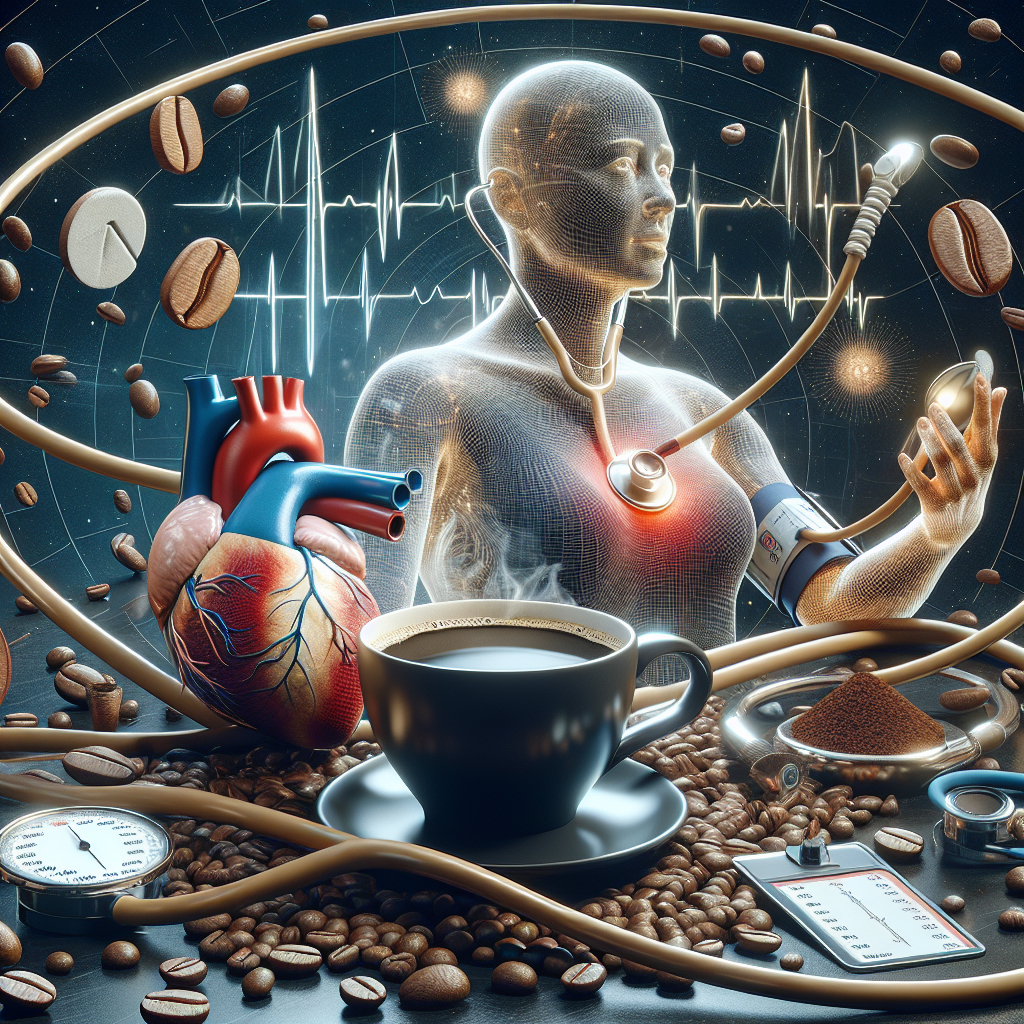Introduction
Imagine starting your day with the rich aroma of a perfectly brewed cup of coffee, its warmth enveloping you like a comforting hug. But not just any coffee—I’m talking about the number one coffee in the world. What makes it so special? Why does it stand head and shoulders above the rest? Let’s embark on a flavorful journey to uncover the secrets behind this exceptional brew.
- The Origins of the Number One Coffee
- Unique Characteristics that Make it Stand Out
- How to Savor the Best Coffee Experience
- Why This Coffee Captivates Enthusiasts Globally
- Key Takeaways
- FAQs
- Conclusion
The Origins of the Number One Coffee
Every great story has an intriguing beginning, and the tale of the world’s best coffee is no different. Nestled in the lush highlands of Colombia, where the climate and soil create the perfect conditions for cultivating exceptional beans, lies the birthplace of this extraordinary coffee. The region’s rich volcanic soil, coupled with its ideal altitude, forms a nurturing cradle for these beans, much like a master artist’s palette ready to paint a masterpiece.
The Journey from Bean to Cup
The journey from bean to cup is a meticulous process that demands expertise and passion. Farmers handpick only the ripest cherries, ensuring that each bean is of superior quality. This careful selection process is akin to a jeweler choosing the finest gems for a bespoke piece. After harvesting, the beans undergo a precise roasting process to unlock their full flavor potential.
Learn more about coffee production here.
Unique Characteristics that Make it Stand Out
What sets this coffee apart from others? It’s all in the details—the complex flavor profile, the smooth finish, and the aromatic bouquet that wafts from your cup like a symphony of scents. This premium coffee boasts notes of chocolate and caramel, with subtle hints of fruity undertones that dance on your palate. It’s like experiencing a fine wine, where every sip tells a part of its rich history.
Flavor Profile and Aroma
The flavor profile of this coffee is nothing short of enchanting. Imagine tasting a fine piece of dark chocolate, its richness enveloping your senses, followed by a delicate aftertaste reminiscent of sweet berries. The aroma alone can transport you to the sun-dappled fields where these beans are grown. For those who appreciate the finer things in life, this coffee offers an unparalleled experience.
How to Savor the Best Coffee Experience
To truly appreciate this exceptional coffee, it’s essential to brew it correctly. Think of it as preparing a gourmet meal; each step must be executed with precision to achieve perfection. Start with freshly ground beans, use filtered water, and maintain an optimal brewing temperature. Whether you prefer using a French press, pour-over, or espresso machine, taking the time to craft your coffee with care will reward you with an exquisite cup.
Find detailed brewing methods here.
Pairing Your Coffee with Food
Pairing this premium coffee with complementary foods can elevate your tasting experience. Consider enjoying it with dark chocolate truffles or a slice of rich cheesecake. The interplay of flavors will enhance both the coffee and your chosen treat, creating a harmonious balance akin to a perfectly orchestrated duet.
Why This Coffee Captivates Enthusiasts Globally
Why does this particular coffee capture the hearts of aficionados around the world? It’s more than just a beverage; it’s an experience, a ritual that transforms ordinary moments into extraordinary ones. From connoisseurs who savor each nuanced sip to casual drinkers who appreciate its unparalleled quality, this coffee connects people through a shared passion for excellence.
A Symbol of Craftsmanship and Dedication
This coffee stands as a testament to craftsmanship and dedication. Every cup tells a story of hardworking farmers, skilled roasters, and meticulous brewers—all united by their love for creating something truly outstanding. It’s no wonder that it has become a symbol of prestige and refinement in the world of coffee.
More on Colombian coffee production here.
Key Takeaways
- The number one coffee in the world originates from Colombia’s highlands.
- Its unique flavor profile includes notes of chocolate, caramel, and fruity undertones.
- The meticulous journey from bean to cup ensures superior quality.
- Proper brewing techniques are crucial for an optimal tasting experience.
- This coffee embodies craftsmanship, passion, and global appreciation.
FAQs
What makes Colombian coffee so special?
Colombian coffee is renowned for its perfect growing conditions—rich volcanic soil, ideal altitude, and favorable climate—which all contribute to its unique and complex flavor profile.
Read more about specialty coffees here.
How should I store my premium coffee beans?
To maintain freshness, store your coffee beans in an airtight container in a cool, dark place. Avoid refrigerating or freezing them as this can cause condensation and degrade their quality.
Get more tips on storing coffee here.
What brewing method is best for this coffee?
While personal preference plays a significant role, methods like French press or pour-over are excellent choices as they highlight the intricate flavors and aromas of premium coffee.
Explore different brewing methods here.
Conclusion
In conclusion, the number one coffee in the world is more than just a drink—it’s an experience that tantalizes your taste buds and warms your soul. From its rich origins in Colombia to its meticulous production process and unparalleled flavor profile, this coffee stands as a beacon of quality and passion. So why settle for anything less? Elevate your daily ritual with a cup of the finest brew and discover why it captivates enthusiasts globally.
How much caffeine is in a cup of coffee
Unlocking the Mystique – Exploring the Rich Flavor Profile of Black Coffee
The Ultimate Guide to Brewing the Perfect Cup of Black Coffee at Home
Health Benefits Unveiled – How Black Coffee Boosts Your Well-being
From Bean to Cup – The Fascinating Journey of Black Coffee Production














